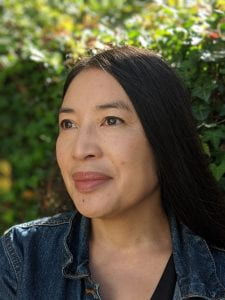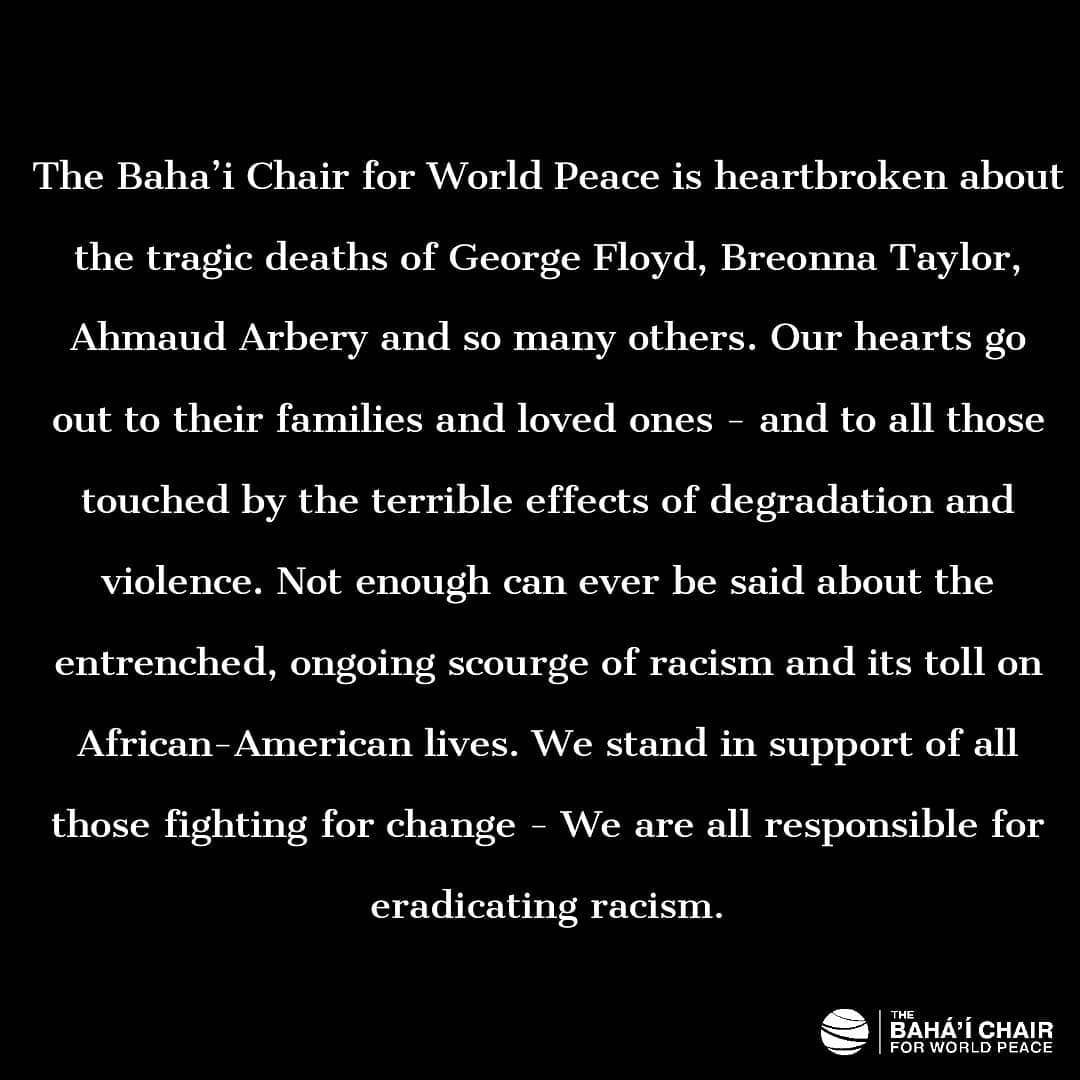April 13, 2021
Event Time: 2pm – 3.30pm
Virtual Event: You must register in advance at: https://tinyurl.com/bahai-wong
Professor Janelle Wong, Professor of Asian American Studies, American Studies, and Government and Politics, University of Maryland
This event features a discussion between Professor Hoda Mahmoudi and Professor Janelle Wong on the recent anti-Asian violence. The discussion will focus on the historical context and contemporary connections of the recent attacks.

Speaker Bio:
Janelle Wong is Professor of Asian American Studies, American Studies and Government and Politics at the University of Maryland. Her research and teaching focus on Asian Americans and race in the U.S.
About the Author:
 Kate Seaman is the Assistant Director to the Bahá’í Chair for World Peace where she supports the research activities of the Chair. Kate is interested in understanding normative changes at the global level and how these changes impact on the creation of peace.
Kate Seaman is the Assistant Director to the Bahá’í Chair for World Peace where she supports the research activities of the Chair. Kate is interested in understanding normative changes at the global level and how these changes impact on the creation of peace.
You can find out more about the Bahá’í Chair by watching our video here.


 Kate Seaman
Kate Seaman